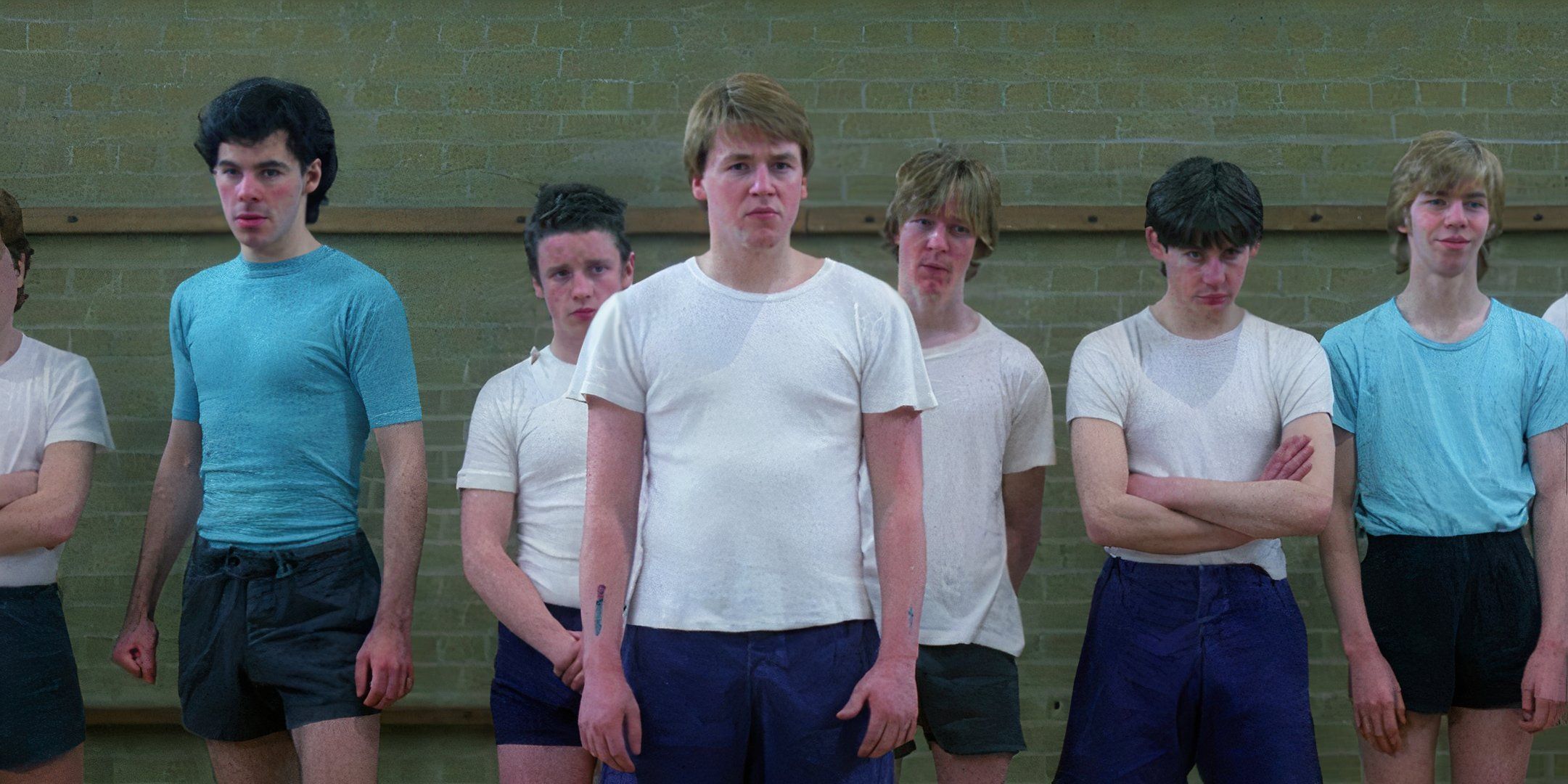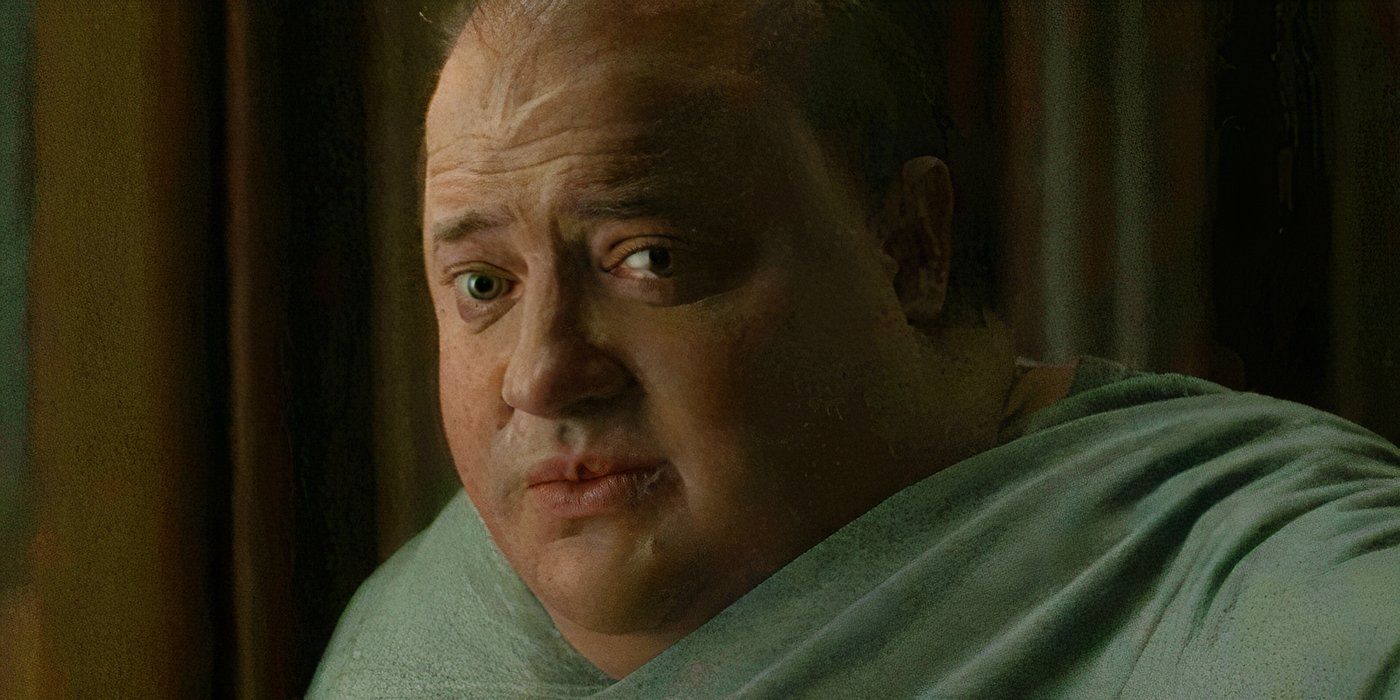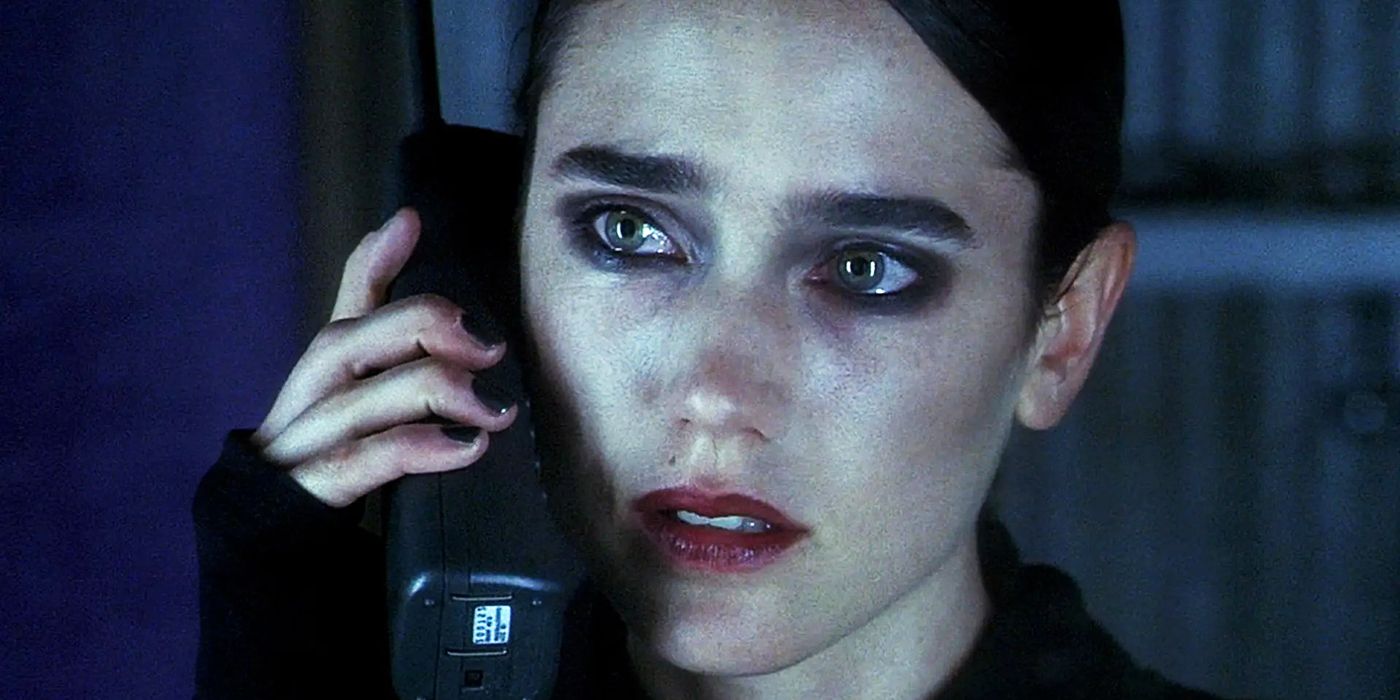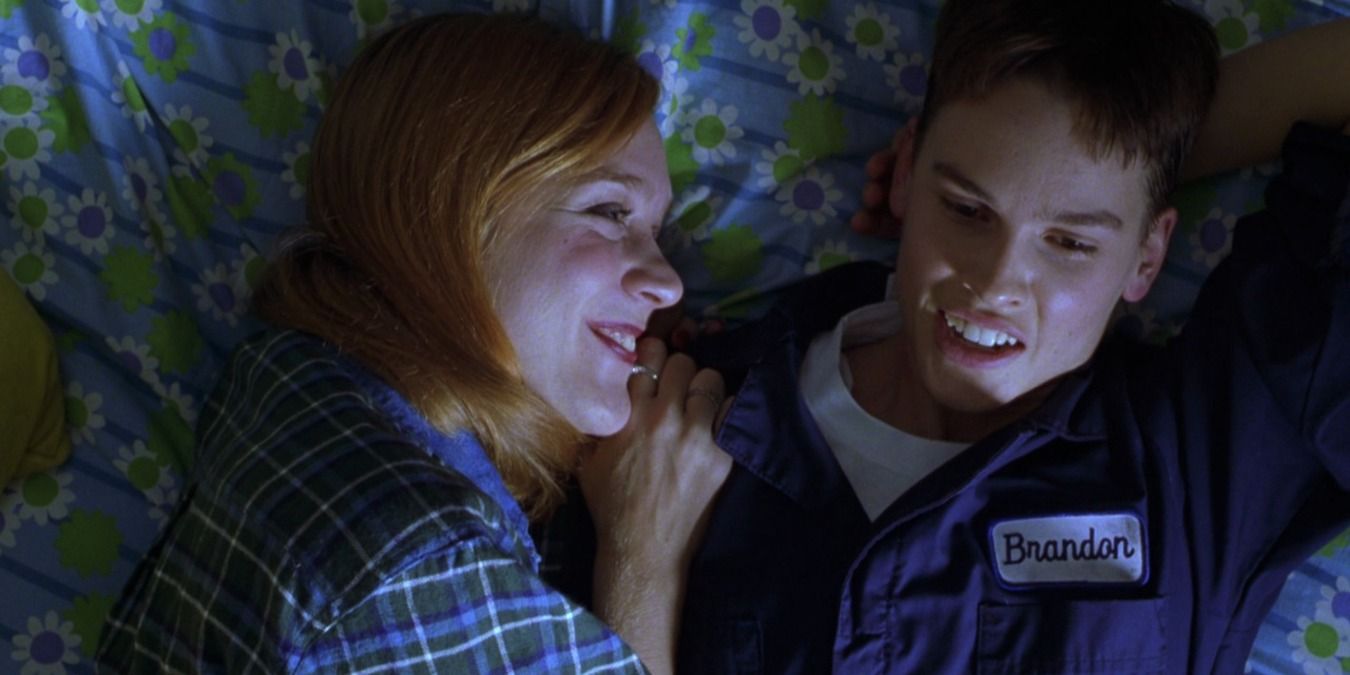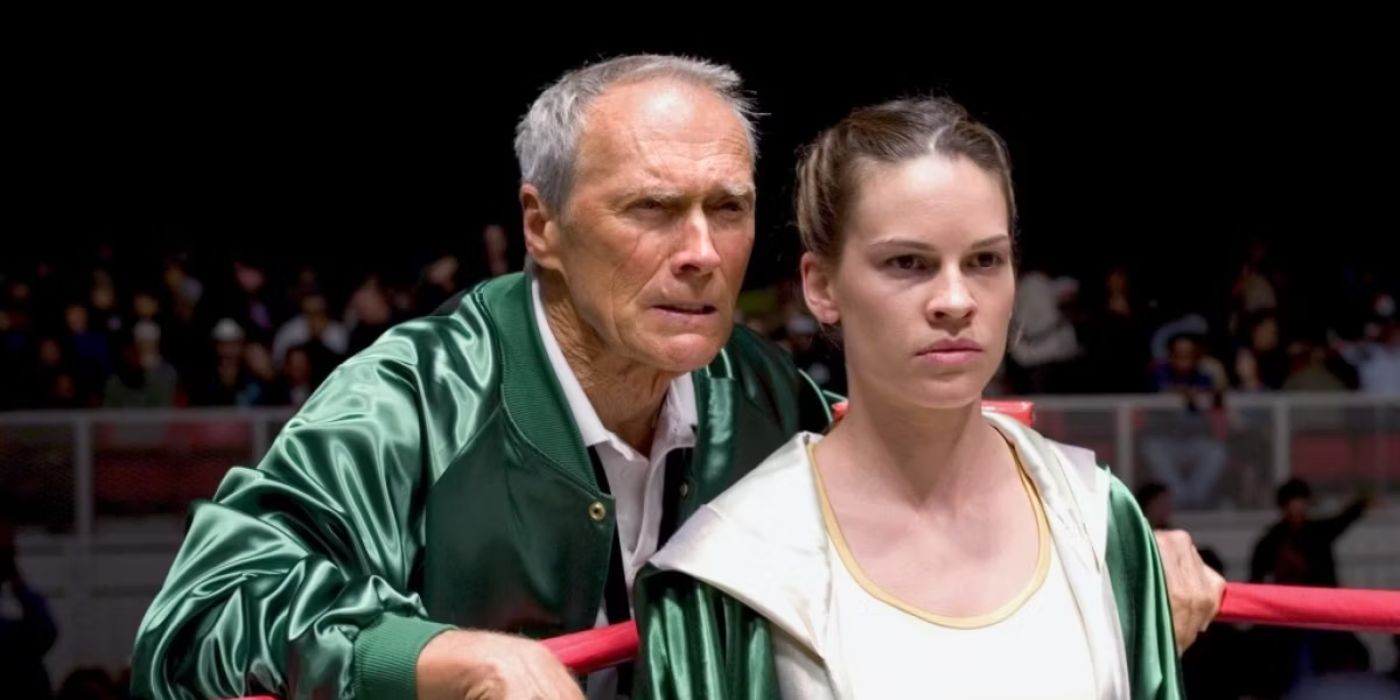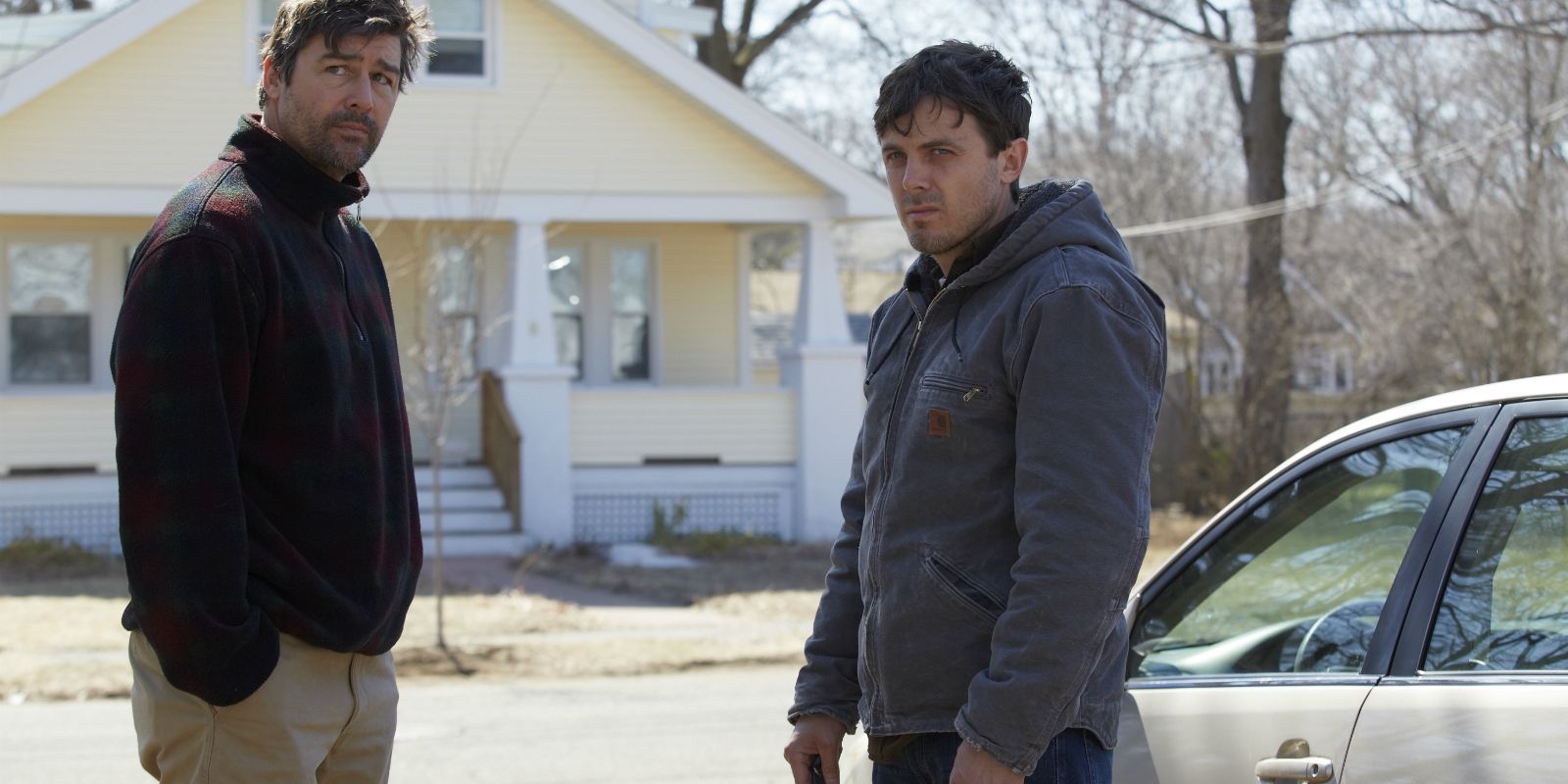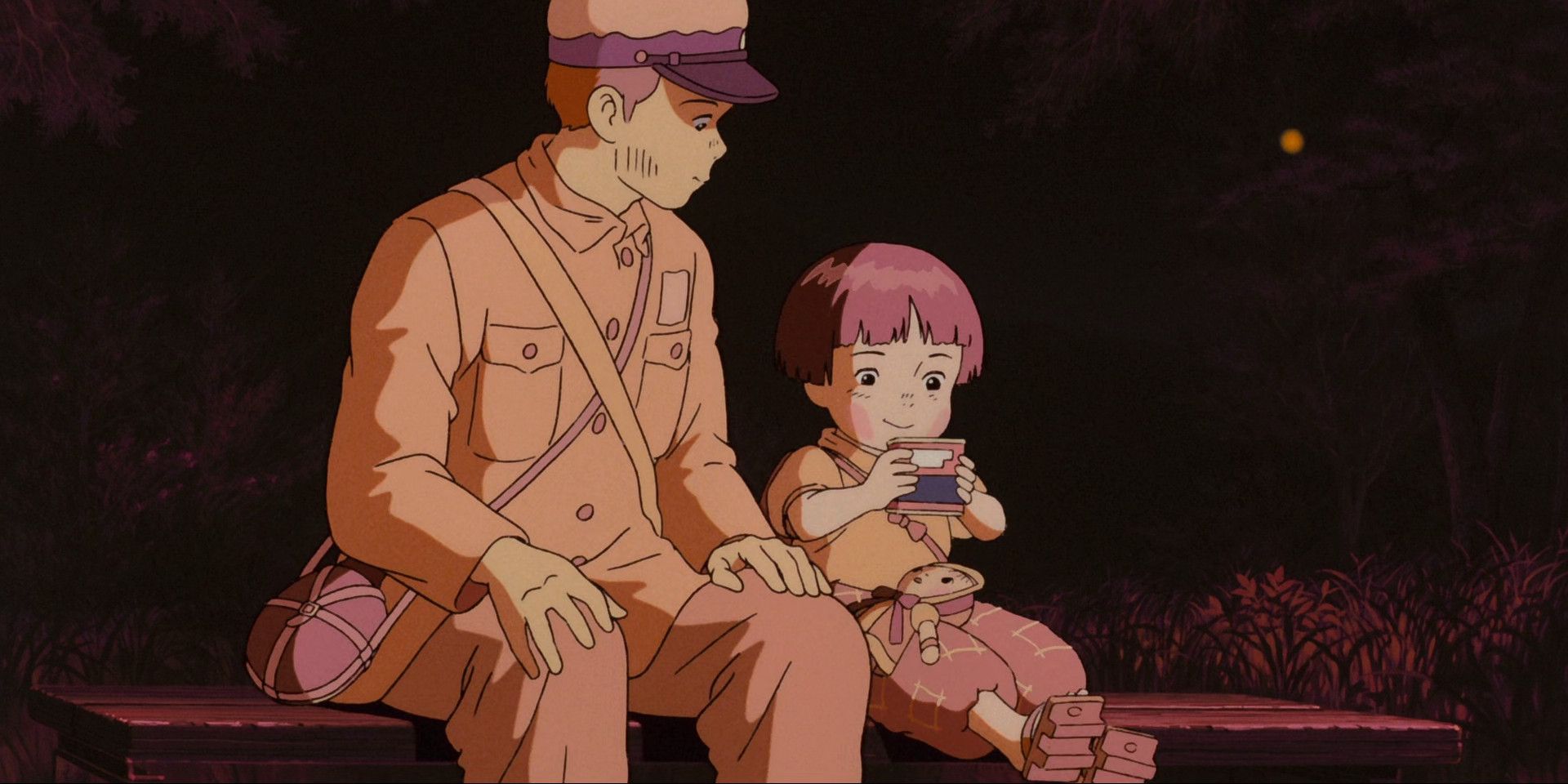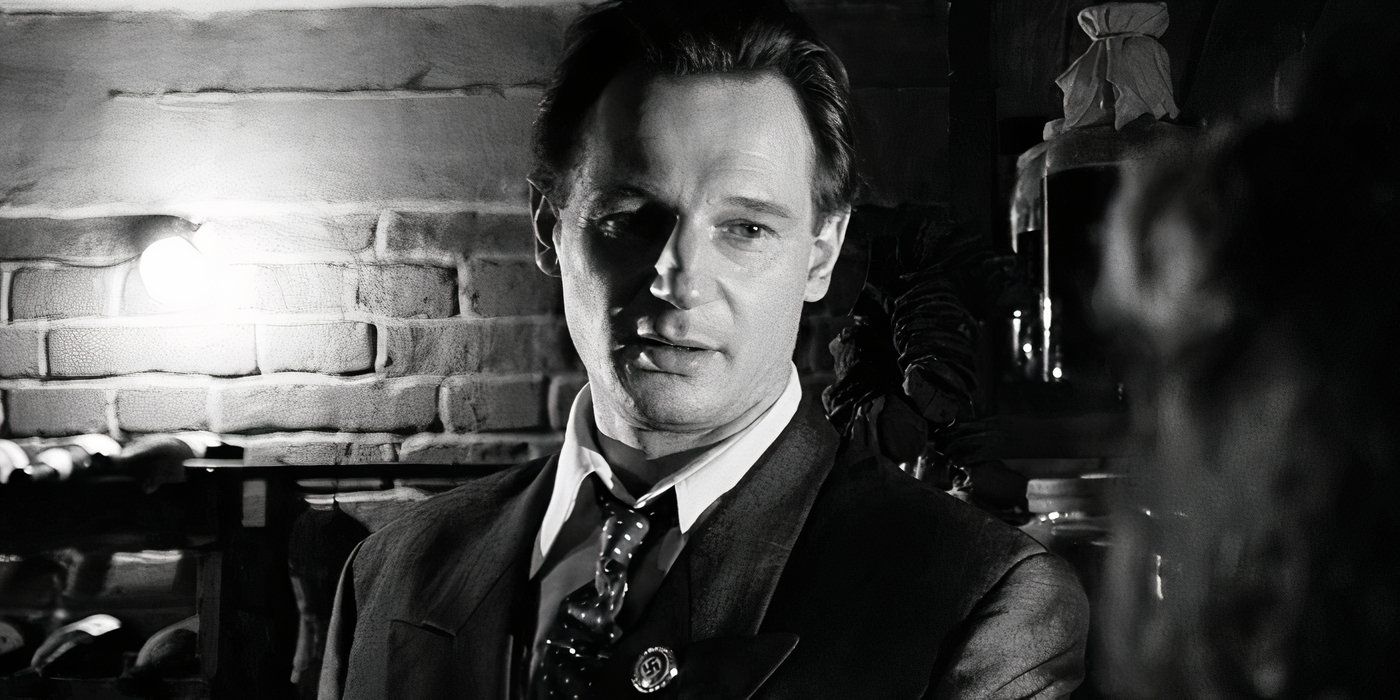Some touching drama films can be greatly appreciated for their high quality and moving narratives but can only be watched once due to the emotional toll they have on audiences. Many of these films are critically acclaimed, with some, like Schindler’s List, going down as one of the best movies of all time. They are also well-received by audiences, and for good reason. Such films touch on themes revolving around addiction, suicide, bullying, deteriorating health, and broken families.
These dark themes and the way they are depicted with such sincerity have the ability to resonate with audiences. Still, films containing such heavy content don’t always make for the best movies to rewatch. The bleak essence of these films is best experienced once or very few times. In truth, audiences are better off watching these devastating films as little as possible to ensure they don’t become desensitized to the emotional stories. Luckily, a few exceptionally dark movies make it easier to hold off on watching them again.
10
Scum (1979)
Directed by Alan Clarke
The script for Scum began as a television play that would air on the BBC, but the violence within the story was considered to be too strong, and the script was made into the 1979 film instead. The British drama takes place in a youth detention center, or a borstal, and follows a young man, Carlin (Ray Winstone). To survive and become a dominant figure, Carlin immerses himself in the borstal’s violent atmosphere.
Compared to the production for BBC, the final product is much more vulgar and graphic with its themes. Scum is a tough watch with harrowing depictions of violence, racism, and suicide. Still, the film is an important watch as, beyond Carlin’s personal journey with abuse, Scum highlights the flaws within the borstal’s system that have allowed for such a brutal environment to develop.
9
The Whale (2022)
Directed by Darren Aronofsky
Brendan Fraser’s career was revitalized at the start of the decade where he ended up winning the Academy Award for Best Actor after 2022’s The Whale. Fraser stars in the film as Charlie, a morbidly obese English teacher who only wishes to reconnect with his estranged daughter, Ellie (Sadie Sink). The film earned a mixed critical response, mainly due to its portrayal of obesity and the use of a prosthetic suit for Fraser.
Yet, the comeback story of Fraser, and the actor’s performance, in addition to the work of Sink and Hong Chau, has prompted audiences to watch the film. Despite its controversy, The Whale is guaranteed to evoke an emotional response from audiences, as Charlie’s daily struggles and unsuccessful attempts to reconnect with Ellie are upsetting to witness. However, until the emotional impact of the film has dwindled, one viewing is enough.
8
Requiem For A Dream (2000)
Directed by Darren Aronofsky
Only Darren Aronofsky’s second feature film, Requiem for a Dream provides a grim look into the lives of individuals coping with drug addictions. The film is based on Hubert Selby Jr.’s eponymous 1978 novel and tracks its characters as they plunge further into their addictions, altering their physical, emotional, and mental states. Requiem for a Dream‘s bleak tone is unwavering, which makes the film difficult to watch once, let alone twice.
Still, the considerate portrayal of deterioration as a result of addiction sets Aronofsky’s film apart from others who have attempted to do the same thing. Requiem for a Dream has continued to be praised over the years for its poignant narrative, direction, and performances, particularly that of Ellen Burstyn and Jared Leto, who play a mother and son duo each battling a heartbreaking drug addiction.
7
Leaving Las Vegas (1995)
Directed by Mike Figgis
Nicolas Cage won his first and only Academy Award so far for his performance in Leaving Las Vegas. In the film, Cage plays Ben, an alcoholic Hollywood screenwriter who is struggling in life. The film is based on the semi-autobiographical novel of the same name by John O’Brien. Cage’s Ben heads to the тιтular city intent on drinking himself to death. However, while in Las Vegas, Ben meets a Sєx worker named Sera (Elisabeth Shue), and the two form a connection.
Throughout the film, the two become increasingly frustrated with each other’s behavior—incessant drinking and Sєx work—but there’s an apparent love between them. Leaving Las Vegas can be greatly appreciated for its lead performances and the way it tackles a heartbreaking narrative. Yet, like other films with harsh depictions of dependency, the film is certainly difficult to revisit.
6
Boys Don’t Cry (1999)
Directed by Kimberly Peirce
Pulling inspiration from the devastating real-life story of Brandon Teena, Boys Don’t Cry earned widespread critical acclaim and Hilary Swank her first Academy Award. Swank portrays Brandon, a transgender man, in the film, which sees him navigate his idenтιтy and fall in love, before being brutally attacked in a hate crime. Like many biographical dramas, Boys Don’t Cry does embellish certain details, and people who knew of Brandon in real life have criticized the film for its inaccuracies.
Yet, the facts that Boys Don’t Cry does stick to produces a grim film about violence and the actions of bigoted individuals. The film explores a number of themes, including transgender idenтιтy, social class, violence against the LGBTQ+ community, and romance. Boys Don’t Cry is an important film to watch, but understandably so, it takes a lot for audiences to willingly return to it.
5
Million Dollar Baby (2004)
Directed by Clint Eastwood
One of Clint Eastwood’s highest-grossing films also happens to be one of his most emotionally charged. Million Dollar Baby is centered around Maggie Fitzgerald (Hilary Swank), an aspiring boxer who dreams of becoming a professional. When Maggie begins training with seasoned boxing trainer Frankie Dunn (Clint Eastwood), the two form a unique bond, and the film plays out like any other ordinary underdog sports movie. However, the film then takes an unexpected and dramatic turn.
Seamlessly transforming into a moving drama, Million Dollar Baby touches on themes of sacrifice and tragedy and sees its characters forced to make one of life’s toughest choices. The tonal shift of Eastwood’s film wonderfully elevates its formulaic sports story but makes it a difficult film to frequently return to. Million Dollar Baby wound up winning four of its seven Academy Award nominations, including Best Picture.
4
Manchester By The Sea (2016)
Directed by Kenneth Lonergan
Dealing with heavy themes of guilt and grief, Manchester by the Sea sees a family torn apart by a tragic accident. In the film, Lee Chandler (Casey Affleck) is depressed and left with a tremendous amount of guilt after said accident, but becomes the legal guardian of his nephew (Lucas Hedges) after his brother (Kyle Chandler) dies of cardiac arrest. Lee’s grief is persistent, leaving little room for levity throughout the film.
While such a dark story has the potential to create an exhausting viewing experience for audiences, the performances of the film’s cast ground Manchester by the Sea and make it more palatable. Screenwriter and director Kenneth Lonergan is considerate of Lee’s emotions and aims to be realistic with his efforts to confront his past. This makes it easier for audiences to connect with the film’s harrowing narrative, though it’s still not a movie with a lot of rewatch value.
3
The Father (2020)
Directed by Florian Zeller
Anthony Hopkins became the oldest Best Actor winner following his career-best performance in The Father. The film explores the subject of dementia but does so in a way that is refreshing and allows audiences to experience the deterioration of its subject’s mind up close. Hopkins leads the film as Anthony, an elderly man and father with dementia. The narrative in the film is subjective and told from Anthony’s point of view, which often blurs the line between what is real and what is not.
Audiences are invited into Anthony’s mind and are presented with a gradually confused interpretation of events, representing his worsening condition. The storytelling in The Father is extremely personal and emotional, especially towards its end as Anthony tearfully remembers bits and pieces of his mother. The Father earned lots of critical acclaim, rightfully so, but its meaningful story is best enjoyed once, and only a few times after that.
2
Grave Of The Fireflies (1988)
Directed by Isao Takahata
From Studio Ghibli comes the brutal war movie Grave of the Fireflies. The animated film follows the journey of siblings Seita and Setsuko and their struggle to survive as World War II comes to a close. Orphaned and with their home devastated by conflict, young Seita and Setsuko face inhumane conditions. The film is a drastic, yet crucial departure from the magical, adventure-filled worlds Studio Ghibli is commonly ᴀssociated with.
Told from the perspective of younger victims of war, the bond between the film’s siblings and the anti-war narrative has touched audiences for years. There’s something remarkably disturbing about witnessing the siblings’ loss of innocence and worsening well-being. The film is consistently grim, and Grave of the Fireflies‘ ending packs one last emotional punch for audiences, making it likely for them to hold off on revisiting the film for quite some time.
1
Schindler’s List (1993)
Directed by Steven Spielberg
Any movie about the Holocaust is bound to garner an emotional response from audiences, with Schindler’s List featuring one of the most devastating stories. The film depicts the transformation of Oskar Schindler (Liam Neeson) from an apathetic German industrialist to a humanitarian after he saved the lives of over a thousand Jewish people. Steven Spielberg earned his first Best Director and Best Picture Academy Awards with the film, and Schindler’s List has continued to be recognized as one of the best films of all time.
The film has earned acclaim for its honest, yet accessible historical narrative and Spielberg has been positively recognized for his use of color in the film, most memorably with the young girl in a red coat. The portrayal of the Holocaust in Schindler’s List is unflinching and purposefully uncomfortable to sit through, leaving very few people willing to frequently return to the film after their first viewing.
